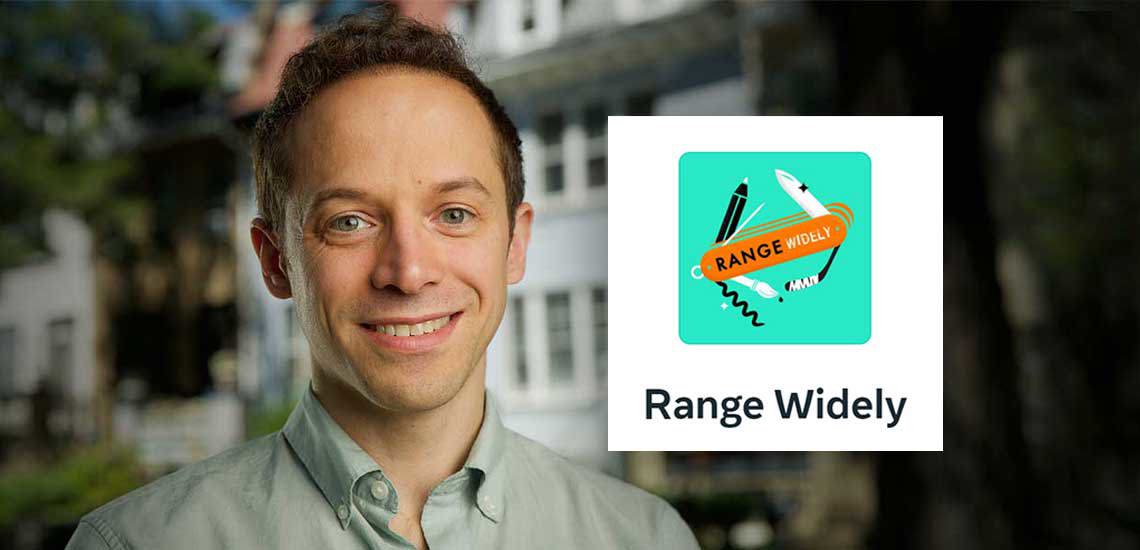The Freakonomics of Medicine: Why Marathons and Birthdays Might Be Bad for You
01 Aug 2023

Can birthdays and marathons be bad for your health? Although it might be hard to believe, they can affect certain populations, according to David Epstein, New York Times bestselling author and expert on the science of high performance.
In a recent blog post, Epstein interviewed Dr. Anupam (Bapu) Jena, co-author of the newly released Random Acts of Medicine: The Hidden Forces That Sway Doctors, Impact Patients and Shape Our Health. He describes the book as basically a Freakonomics of medicine—chock full of fascinating natural experiments.
One unexpected phenomenon happens during marathons. Dr. Jena explained that these races cause traffic disruptions with 26 miles of roads blocked. That makes it hard for ambulances to reach people who are experiencing medical emergencies.
“The mortality rate for something like cardiac arrest or a heart attack goes up by about 15 to 20% on the day of a marathon,” Dr. Jena says.
So what’s up with birthdays? There is more than one factor that affects the mortality rate. Dr. Jena cited a study that showed that the minute a person turns 18, they are more likely to be prescribed an opioid during an ER visit. And naturally, exposure to an opioid increases the chances that you will become a long-term user.
On the flip side—and this is good news here—a study has shown that a child’s birthday has an impact on grandparent mortality, Jena says. If a kid is born in the fall, the flu vaccine is more likely to be available when they happen to have their annual checkup. They are then more likely to get the vaccine, and their grandparent is less likely to catch the flu from them and die.
“I think the policy advice here is obvious: from now on, only fall babies,” Epstein says.
